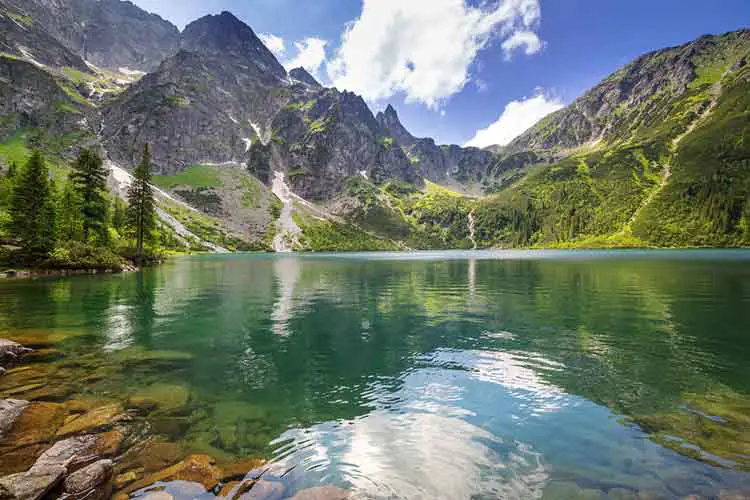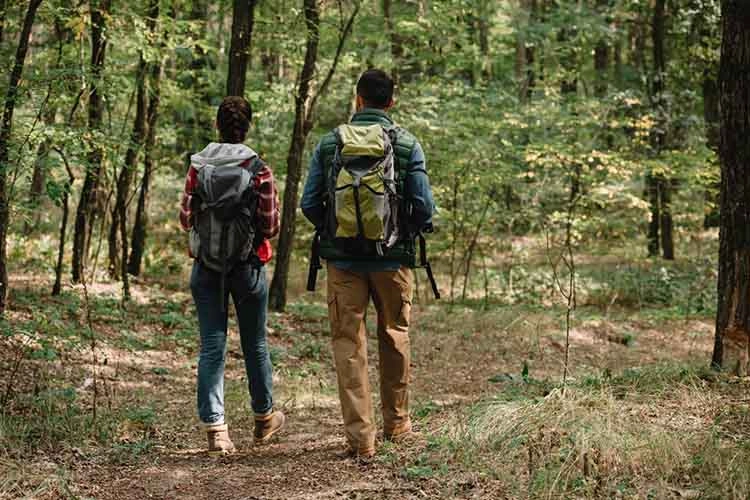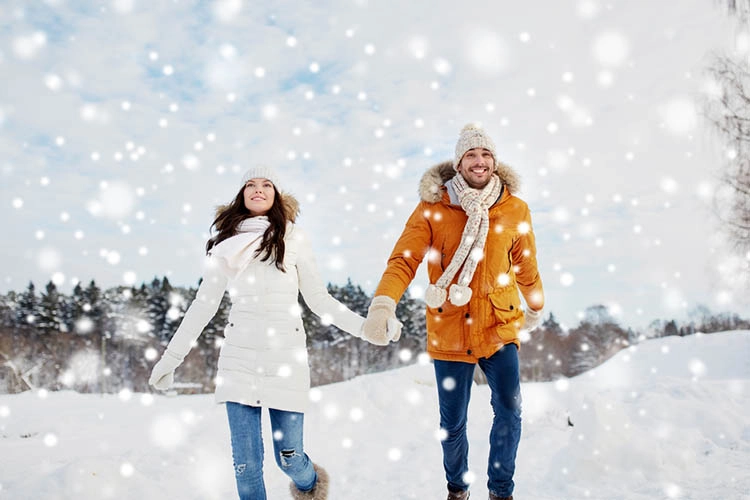Before we get into what it means, how does one pronounce this Norwegian word? Friluftsliv, is pronounced “free-loofts-leaf” and is translated to “open-air life” or “outdoor recreation”.
It’s not a news flash that Scandinavian countries are winning at lifestyle hacks such as achieving cozy contentment by practicing hygge and finding the balance with lagom. While Friluftsliv might be harder to pronounce, the concept is pretty simple and one I often heard my own mother say – go outside and play. The idea of getting out into nature is certainly not uniquely a Norwegian one – but the idea of living in the open air is ingrained in their culture and way of life.
With Norway consistently ranking as one of the happiest countries in the world, it seems only right to take a closer look at what they’re doing right.
Friluftsliv is more than just getting outdoors for a walk or going skiing, although those are a good start. It is a way of life in Norwegian culture. The philosophy is that regardless of your age, physical ability, weather, or what the elements might bring, time outside is good for your soul and is something to be embraced and celebrated.
Freedom to Roam
A passion for nature and the idea of freedom to roam is at the heart of the Scandanavian’s love for the great outdoors. The right to roam public lands is protected in the Nordic countries, with laws in place that allow public access to hike, camp, and pick flowers or berries on another person’s land or boat across someone’s waters. With this freedom comes a responsibility to take care of the land and to not cause any negative impact such as litter or damage. The idea that citizens are free to roam and enjoy nature is ingrained in the culture and is at the heart of friluftsliv.
Your Brain on Nature
It’s been well documented that getting outdoors is good for your brain and overall mental and physical health. According to the renowned Mayo Clinic, spending time in nature benefits your health in many ways including lowering stress, heart rate, and blood pressure. It’s also been shown to benefit those with concentration issues, such as ADHD and generally lift your mood. So if you need a scientific reason to get outside and soak up some nature, you’ll find plenty of good ones. Whether it’s walking in the woods, hiking a mountain, surfing a wave, or simply soaking up some sunshine, finding some time each day in nature is a healthy habit.
Work-Life Balance
Scandanavian countries are by now infamous for achieving the balance between work and the rest of life. With shorter working hours, more vacation days, and generous parental leave, they have the balance thing pretty dialed in. And even when they are at work, meaningful coffee breaks, called Fika, are a thing too.
You’d think all this time off might result in a general lack of productivity. But on the contrary, Scandinavian countries rank high on the list of the most productive counties in the world. They consistently rank in the top 10 list so they’re clearly doing something right.
Connection
Getting outdoors is not just about a walk in the forest or taking a bike ride, although those are great examples. Friluftsliv is also about connecting with nature in a way that is mindful. Connecting to nature means disconnecting from screens and recognizing the beauty found in Mother Nature and realizing that we are all connected to something larger than ourselves.
So find time to be free of distractions, work pressure, and phone calls and simply reconnect with yourself and your loved ones.
Embracing Winter
While friluftsliv can be practiced in any season, the concept might explain why the Nordic countries are better at embracing winter. While some cultures find winter something to endure and survive, Scandanavians tend to welcome winter and all the fun and adventure it brings. Whether that’s ice skating, taking an icy plunge in the lake (preferably preceded by a steamy hot sauna), or nordic skiing, there is a delight in getting outdoors in any season.
Having fun in winter to a large extent is adapting a positive mindset paired with the right gear. Dressing in wool or polypro base layers and waterproof outer layers are going to make enjoying winter a whole lot easier.
Getting outdoors on a winter’s day lends itself to practicing hygge afterward – finding cozy contentment with a roaring fire, lighting candles, and sipping hot cocoa or enjoying a hearty stew warms the body and soul.
Plus you’ll get an extra dose of Vitamin D which is an important vitamin for overall health, particularly in the winter months.
Rest Easy
Sleep disorders are common and widespread and good sleep is a goal for many people. Getting consistently good sleep is crucial for overall wellbeing including physical health, mood, weight, and hormone levels.
Spending time outdoors has also been shown to improve your sleep cycle. Spending time in the sun (and the dark) helps you be more in tune with the natural light and dark cycles – making it easier to go to sleep earlier and wake up earlier. And time spent outdoors makes us less reliant on artificial light which might damage our sleep patterns. Modern life can affect our circadian rhythms – the body’s response to light and dark. If getting a better night’s sleep is a goal, try incorporating a daily dose of time outdoors.
So even if you don’t live anywhere near Norwegian fjords or Swedish Lapland, the practice of friluftsliv can be embraced anywhere. Enjoy getting outdoors and disconnecting from the daily grind and see what benefits you reap from connecting with nature, yourself, and loved ones.



